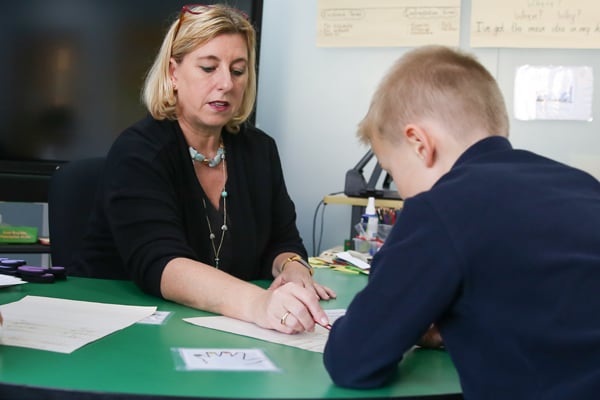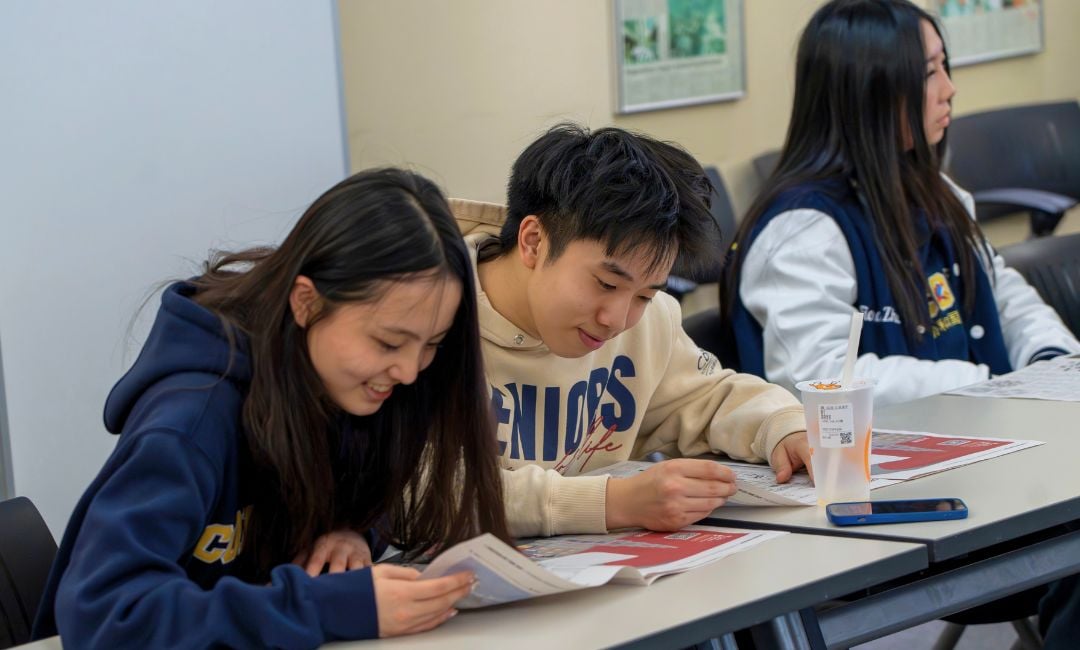
Executive function is a set of mental skills that help you get things done. The area of the brain called the frontal lobe controls these skills. Executive function helps you manage time, pay attention, switch focus, plan and organize, remember details, and multitask.
EXECUTIVE FUNCTION IS PREVALENT IN THESE KEY AREAS:
Working Memory
- Taking in new information and using it to complete a task
- Remembering and organizing key pieces of information for activities
Emotional Regulation
- Thinking before acting and keeping feelings in check
- Managing time by starting and completing activities when needed
Mental Flexibility
- Adjusting to changing situations especially when they don’t go as planned
- Considering different points of view
Some people are born with weak executive function. When the weakness is severe enough to impact daily life, it becomes a disorder needing intervention or support. Children with ADHD, Autism Spectrum Disorder (ASD), or learning disabilities often struggle with these skills.
HOW EXECUTIVE FUNCTIONING EFFECTS CHILDREN IN THE CLASSROOM
Disorders in executive functioning contribute to several problems in the classroom, including disorganization, trouble memorizing facts, and difficulty getting started and finishing homework or projects.
Unfortunately, deficits in executive skills often appear to be “laziness or lack of motivation”. When a student has trouble starting or finishing their work, it is easy to assume that the student chooses not to do the task. Without fully understanding the role of executive functions, parents and teachers are often confused when smart and capable students, teeter on the brink of school failure.
HOW CLASSROOM TEACHERS ADDRESS EFD
Concordia classroom teachers targeting certain behaviors first support a student struggling in the classroom with the characteristics associated with executive function disorder (EFD). When the behaviors do not change, the student will be referred to the student support service team. The school’s student support team and the teacher, will look at more targeted interventions that will match the types of characteristics being exhibited. Should there continue to be a concern, further testing by professionals knowledgeable about EFD will be recommended. Concordia’s student support service team consult with parents at each step of the way as together they work to provide the appropriate support to allow students to succeed in their education.




